Table of Contents
On August 25, 2025, South Korean President Lee Jae Myung is set to meet President Trump in Washington, D.C. for the first-ever summit between the two leaders. The meeting, which is expected to focus on a variety of issues ranging from trade to defense, will play a crucial role in shaping the future of U.S.-South Korea relations.
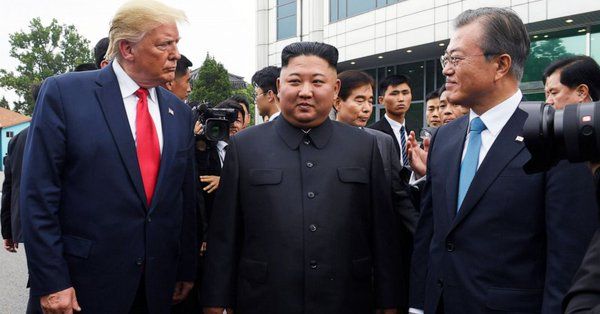
Key Focus Areas for the Summit
President Lee’s visit is expected to be a working-level trip, with discussions likely to take place in the Oval Office, followed by a working lunch and potentially a Cabinet meeting. Afterward, President Lee will participate in a CEO roundtable with Korean and U.S. business leaders and deliver a speech at a prominent Washington think tank.
This summit is particularly significant for South Korea, as the country has faced political turmoil in recent years, including the impeachment of its previous president and the declaration of martial law. These events delayed South Korea’s response to President Trump’s policies, and President Lee has not had the opportunity to meet with President Trump since taking office in June.
The framework deal reached between the two countries before the visit will provide an opening for both leaders to address a range of critical issues.
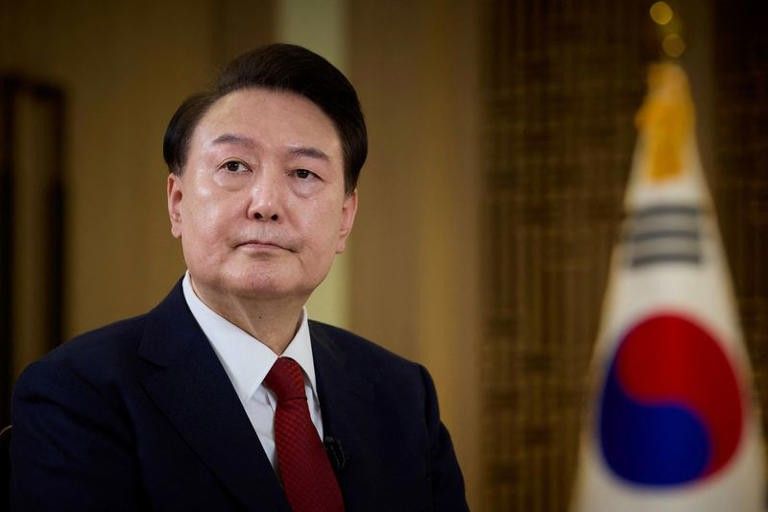
Key Topics of Discussion
The summit is expected to focus on four major areas of the U.S.-South Korea alliance:
- Alliance Modernization
Discussions may center around adjusting the U.S. military presence in Korea, including potential reductions in ground troops, enhanced air and naval capabilities, and greater defense cooperation. President Trump is expected to push for an increase in South Korea’s defense spending and a reevaluation of the cost-sharing arrangement. - Burden-Sharing
South Korea has already made significant contributions, including funding the construction of Camp Humphreys, the largest U.S. military base overseas. However, President Trump is likely to demand greater financial commitments from South Korea, including increased defense spending and higher cost-sharing contributions. - Regional Security and Cooperation
The leaders will discuss South Korea’s role in regional security, particularly with respect to cooperation with Japan and the strategic flexibility of U.S. forces in the region. This includes potential support for U.S. military contingencies involving China and Taiwan. - Trade and Investment
The two leaders will also focus on economic issues, including the $350 billion trade and investment framework. South Korean investments in U.S. industries, such as shipbuilding, semiconductors, and battery production, will be central to discussions as both countries look to strengthen their economic ties. - North Korea
The ongoing threat from North Korea remains a top priority. The leaders will discuss potential re-engagement with Pyongyang, but current indications suggest that North Korea is not willing to engage in talks at this time.
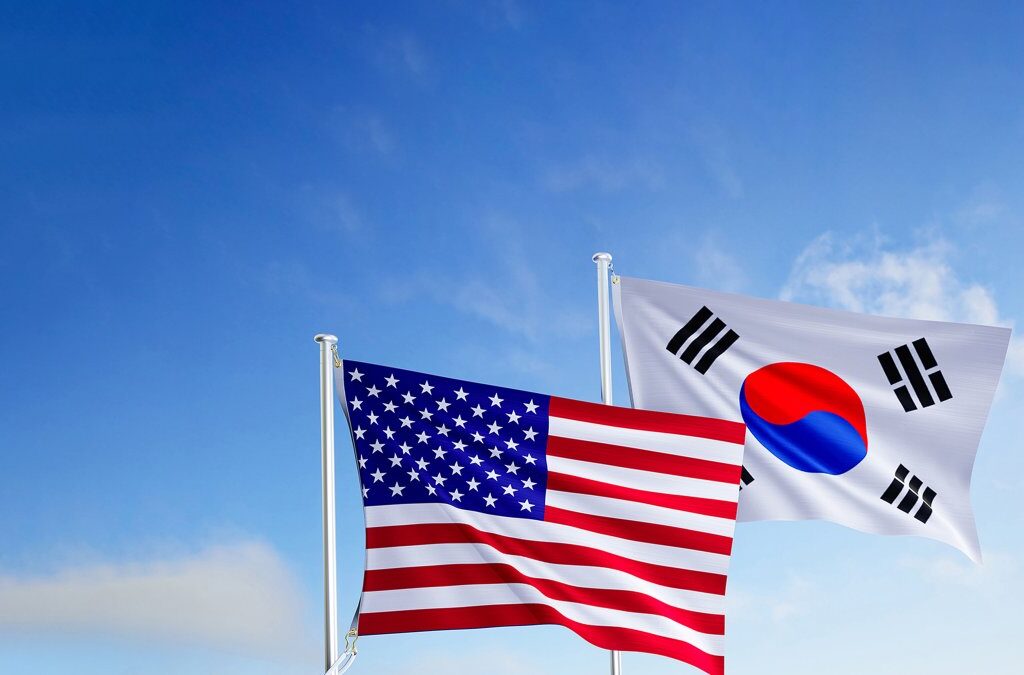
Potential Challenges and Surprises
The summit is expected to bring some unpredictability. While the two leaders are likely to focus on bilateral trade and defense cooperation, the North Korean issue may cause complications. North Korea’s recent actions, including its growing relationship with Russia, raise concerns about Pyongyang’s willingness to engage diplomatically.
Another area of potential tension is the issue of strategic flexibility, particularly regarding the use of U.S. troops in regional conflicts. While President Lee has expressed a pragmatic approach to China and Russia, discussions on this issue could highlight differences in U.S. and South Korean priorities.
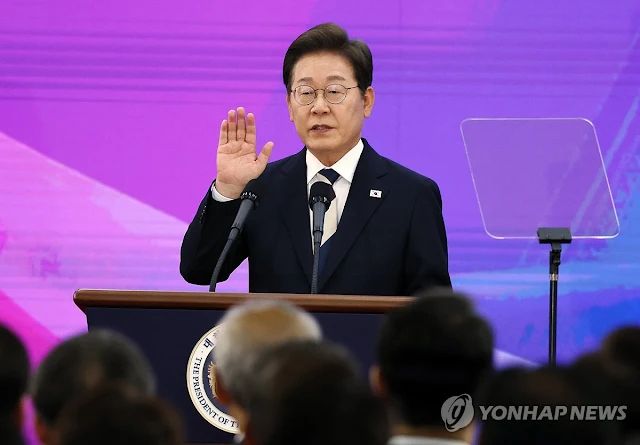
Conclusion: A Pivotal Moment for U.S.-South Korea Relations
President Lee’s visit to Washington represents an important moment in the U.S.-South Korea relationship. The summit will allow both leaders to address key issues related to trade, defense, and regional security, while also reaffirming their commitment to the longstanding alliance between the two countries. While there may be challenges ahead, the visit offers an opportunity to solidify cooperation in the face of common geopolitical threats.
Author Profile
- Syed Tahir Abbas is a Master's student at Southwest University, Chongqing, specializing in international relations and sustainable development. His research focuses on U.S.-China diplomacy, global geopolitics, and the role of education in shaping international policies. Syed has contributed to academic discussions on political dynamics, economic growth, and sustainable energy, aiming to offer fresh insights into global affairs.
Latest entries
 U.S. Foreign PolicyFebruary 2, 2026AI and Grand Strategy: The Case for Restraint – Navigating the Future of American Power
U.S. Foreign PolicyFebruary 2, 2026AI and Grand Strategy: The Case for Restraint – Navigating the Future of American Power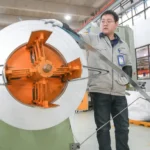 National SecurityJanuary 31, 2026Treating China’s Connected Energy Systems as a National Security Risk
National SecurityJanuary 31, 2026Treating China’s Connected Energy Systems as a National Security Risk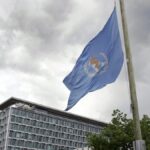 Global HealthJanuary 29, 2026The Future of the WHO—and How the United States Can Shape It
Global HealthJanuary 29, 2026The Future of the WHO—and How the United States Can Shape It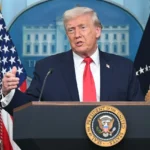 Global TradeJanuary 22, 2026Trump Cancels Tariffs on European Nations Over Greenland Pursuit?
Global TradeJanuary 22, 2026Trump Cancels Tariffs on European Nations Over Greenland Pursuit?

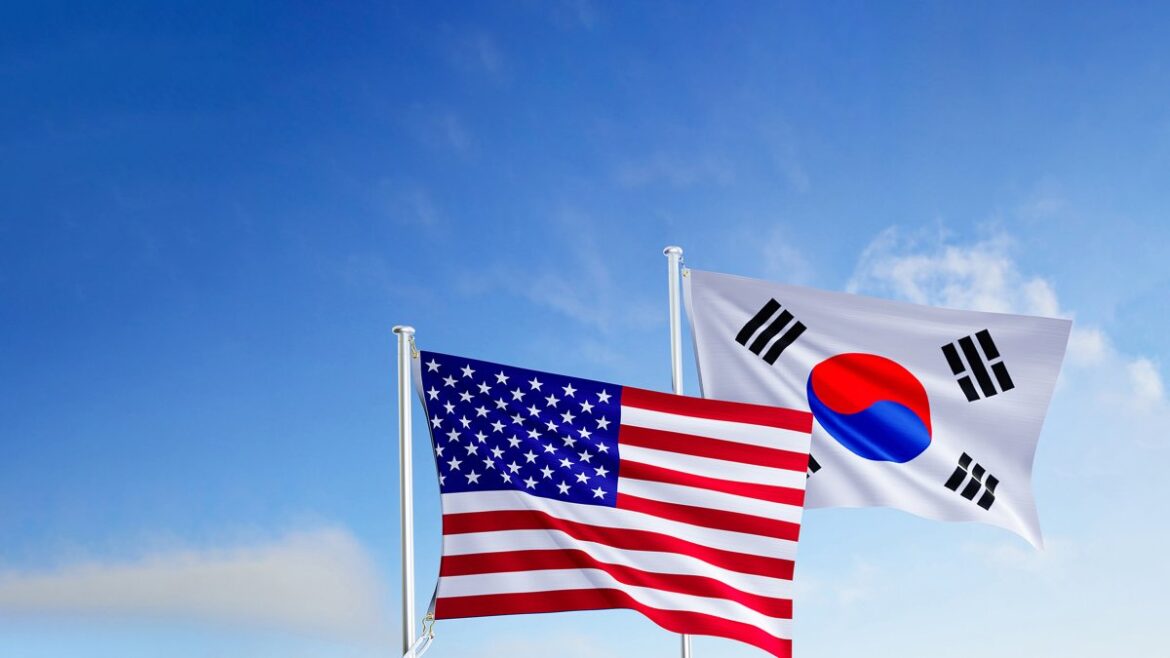

20 comments
I loved as much as youll receive carried out right here The sketch is attractive your authored material stylish nonetheless you command get bought an nervousness over that you wish be delivering the following unwell unquestionably come more formerly again as exactly the same nearly a lot often inside case you shield this hike
I do believe all the ideas youve presented for your post They are really convincing and will certainly work Nonetheless the posts are too short for novices May just you please lengthen them a little from subsequent time Thanks for the post
Usually I do not read article on blogs however I would like to say that this writeup very compelled me to take a look at and do it Your writing style has been amazed me Thank you very nice article
It’s really a nice and useful piece of info. I am glad that you shared this useful info with us. Please keep us up to date like this. Thanks for sharing.
Nice post. I was checking constantly this blog and I am impressed! Extremely useful info specially the last part 🙂 I care for such info a lot. I was seeking this certain information for a very long time. Thank you and best of luck.
thc gummies for stress relief with lab tested potency
TYUvoLibuGlf
LdalRmlupD
CEikNLvQx
Very interesting points you have mentioned, thankyou for posting. “My work is a game, a very serious game.” by M. C. Escher.
It?¦s actually a great and helpful piece of info. I am happy that you shared this useful information with us. Please keep us up to date like this. Thank you for sharing.
Great write-up, I am normal visitor of one’s blog, maintain up the excellent operate, and It’s going to be a regular visitor for a long time.
JZyRApHWlojunx
Great post, I think website owners should acquire a lot from this web site its rattling user genial.
I am incessantly thought about this, regards for putting up.
uCjtUAGWDONShtPVT
nxgTmYenQdYeeKBvLkj
FkaShVdNQkbAtZpGfjctBaol
naturally like your web site but you need to check the spelling on several of your posts. Several of them are rife with spelling problems and I find it very bothersome to tell the truth nevertheless I’ll surely come back again.
Your point of view caught my eye and was very interesting. Thanks. I have a question for you.